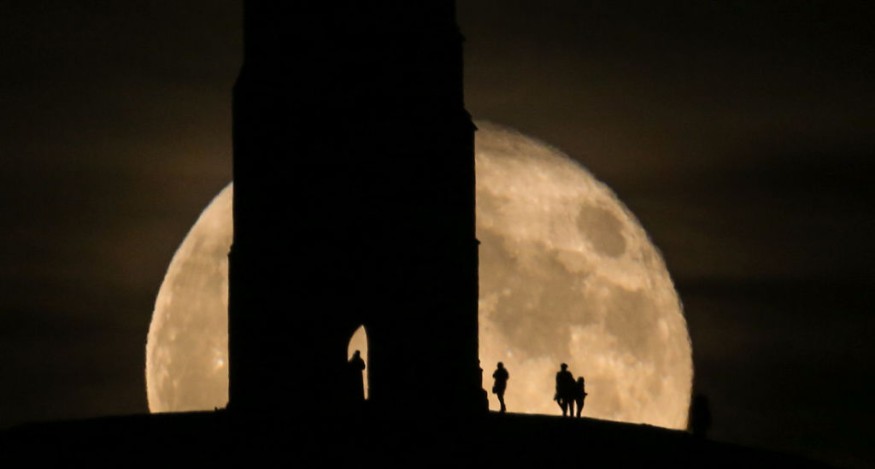
The month of November is full of astronomical events. Astronomy and space lovers can expect a Brighter Jupiter, Leonid Meteor Shower and Full Moon.
Astronomy lovers should not miss the best sightings in the sky in November. Preparing your calendar and cameras is important to capture the moment.
People should stay updated with the weather if it will cooperate with the sightings this month. In the US, foggy conditions can likely unfold due to colder conditions and blow of snow.
Here are the rare astronomy events that people can see.
The View of the Jupiter on November 3
According to recent reports, the planet Jupiter will reach opposition on November 3. It will become brighter and more visible, especially at night.
The best viewing of the planet is using a telescope.
The name Jupiter came from an ancient Roman God. It is considered a large planet in the solar system. Jupiter is known for the Great Red Spot which is persistent high-pressure and storm.
Third Quarter Moon on November 5
In November, the moon is expected to reach three-quarters of its orbit on Earth, which shows the Moon's opposite half is eliminated. It is also known as the Half Moon, which has the lowest effects on tides.
It will become visible for the people, which seems like half-illuminated.
Leonid Meteor Shower on November 17 to 18
The peak of the Leonid Meteor Shower is expected on November 17 to 18. The predicted peak will be best to view at night, with about 10 to 15 Leonid meteors per hour.
The duration of the meteor shower is forecast from November 3 through December 2. The name of the Leonid Meteor Shower came from the Leo the Lion constellation.
According to reports, there can be likely meteors or fireballs this month.
The Full Beaver Moon on November 26 to 27
A full moon is expected in the final week of the month, especially on November 26 to 27. The peak is forecast on the 27th (4:16 a.m EST).
It is called the Beaver Moon because it is the month in which beavers will hide in shelter to anticipate the colder temperatures and winter. When they return to their habitat, it is likely they store sufficient food for extreme temperatures.
According to reports, the Beaver's Moon is also known as Digging Moon, Deer Rutting Moon, Whitefish Moon, Freezing Moon and Frost Moon.
People should not miss the best astronomical views this November. Preparing cameras, binoculars, or telescopes is recommended to view the astronomical events this November.
Related Article : October Astronomical Events: Rare Hunter Moon, Brighter Planets to Ring of Fire Solar Eclipse Expected
For more similar stories, don't forget to follow Nature News.
© 2025 NatureWorldNews.com All rights reserved. Do not reproduce without permission.





